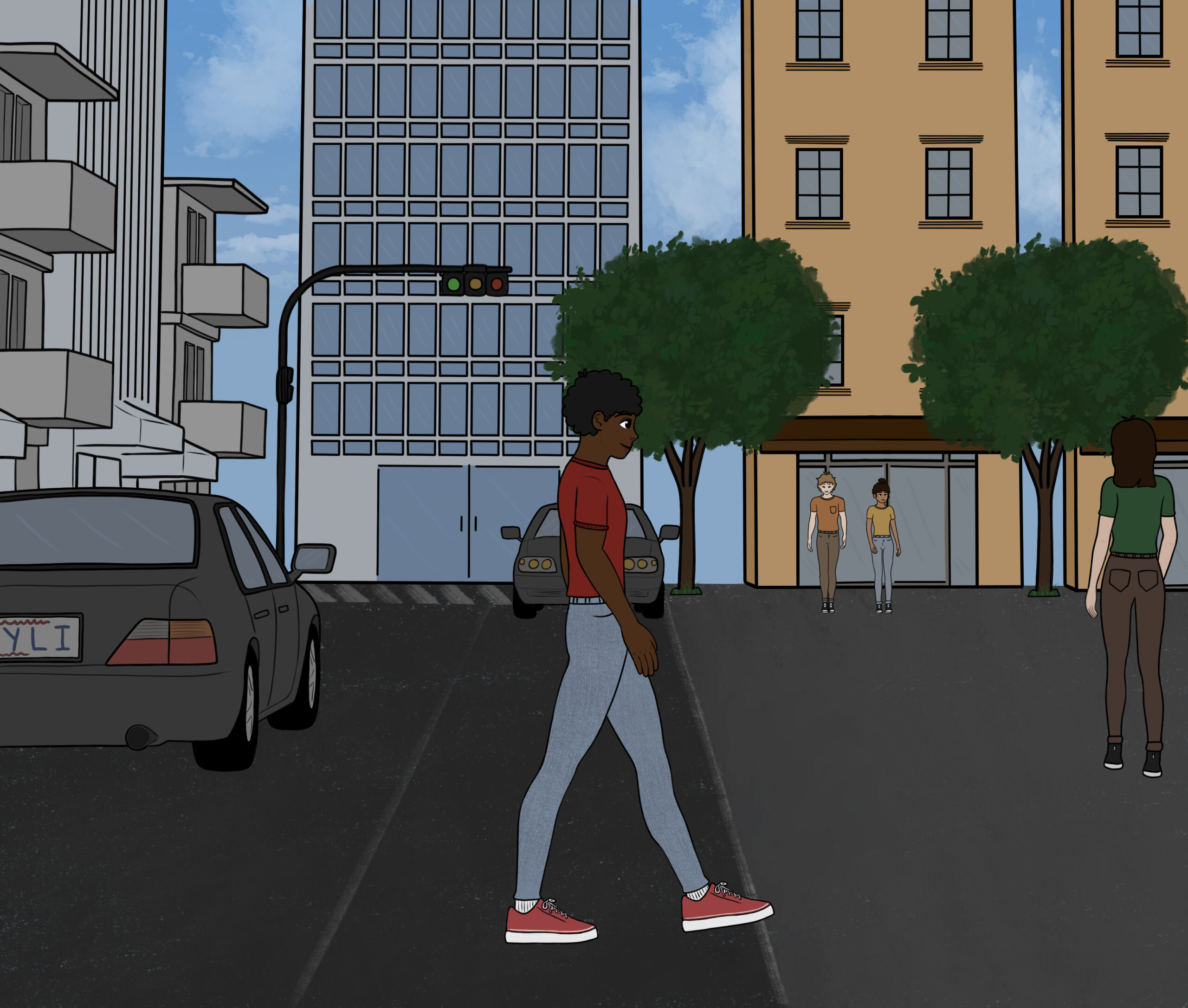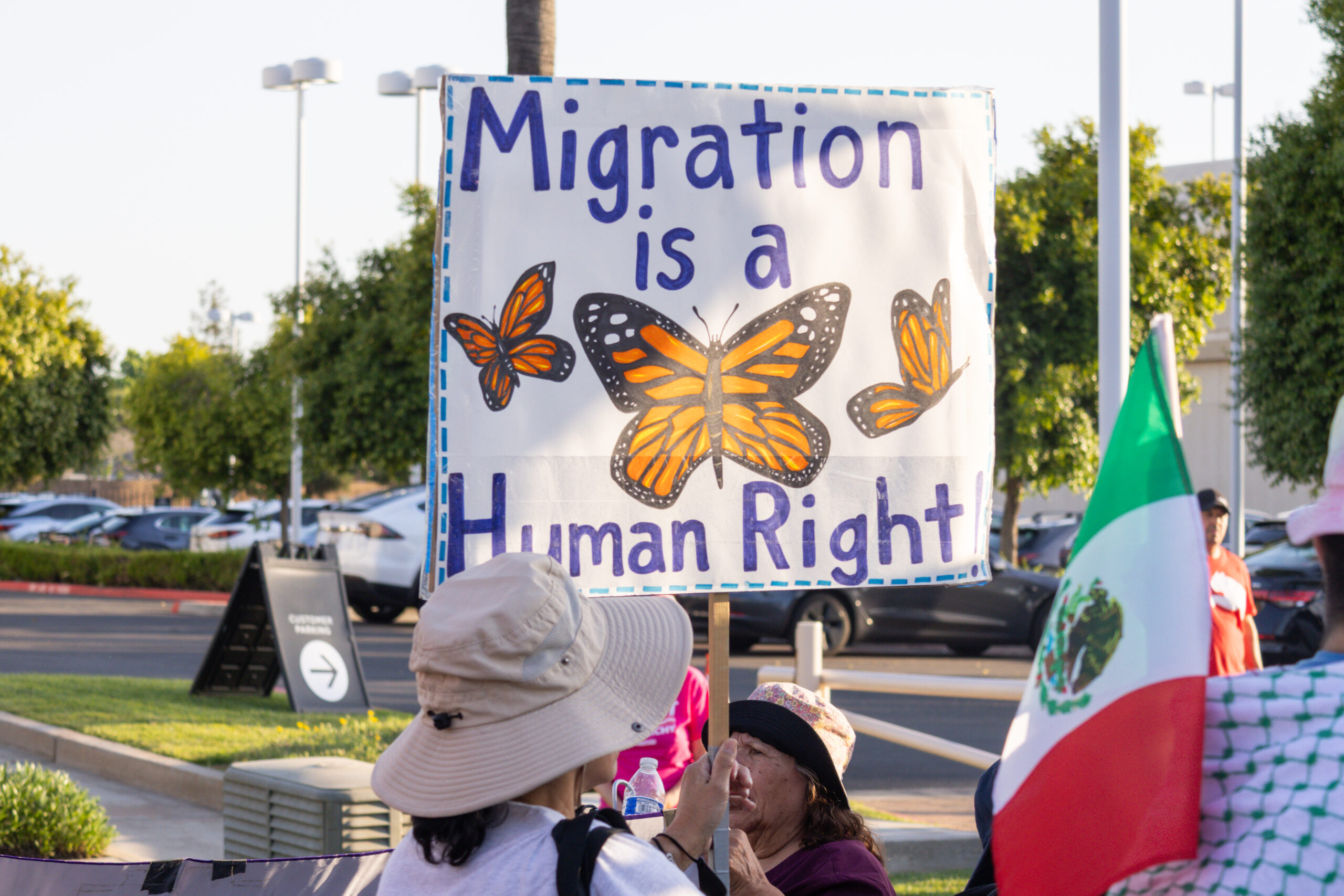
As of Jan. 1, 2023, jaywalking will no longer be a ticketable offense in California. Under the Freedom to Walk Act, pedestrians are able to cross the street without fear of a fine as long as there is no immediate danger of being hit by a motor vehicle or bike.
Over the past few months, communities in California have been discussing the safety for both cars and pedestrians.
On one side, people of color are heavily targeted when fines for jaywalking are being dealt out. In an article about one homeless man’s past with jaywalking fines, The New York Times stated, “Data from the California Racial and Identity Profiling Act cited by the office of Assemblyman Phil Ting, the law’s sponsor, shows that Black people in San Diego are 4.3 times as likely to be cited for jaywalking as white pedestrians and 3.7 times as likely to be cited by the Los Angeles Police Department.”
Statistics like these are not uncommon; when looking into who is being fined for jaywalking and other similar finable offenses, we often see them being disproportionately handed out to people of color.
On the other hand, this new change in code has people wondering whether or not we will see an influx of pedestrian and motor vehicle related accidents.
California is not the first state to cut jaywalking from its codes, following in the footsteps of Nevada and Virginia, which both decriminalized jaywalking in 2021.
This whole situation has me wondering why we are changing such superficial laws, code, and policy when we should be addressing the deeper issue of how incredibly unwalkable our cities are. People who cannot afford the rising prices of maintaining a motor vehicle should have the option of a cheaper, but just as safe, alternative.
Why would our cities, particularly Fresno, be built in such a way that pedestrians would even consider cutting across several lanes of fast moving car traffic to get to their destinations? Jaywalking as a whole is the result of cities prioritizing motor vehicles over the safer, more environmentally friendly, cheaper and healthier transportation alternatives, like walking and cycling.
The United States Environmental Protection Agency rates transportation (primarily motor vehicles) as the largest contributor of greenhouse gasses in the United States. In cities deemed “walkable” we see significantly less gasoline consumption than in cities that are less accessible by foot or bike. There is no debate about the benefits of walking and biking compared to motor vehicles when it comes to the environment.
Owning and maintaining a motor vehicle is also significantly more expensive for community members than it would be to walk or bike, especially with how gas prices have spiked in California over the past year. I think residents would be very welcoming of plans to phase out cars as the main mode of transportation around our city.
Why do we rely on cars when we have an all-around better alternative? While decriminalizing walking for people who can’t afford to maintain and own a motor vehicle is a step in the right direction, it won’t be very helpful to people and our communities unless we can also guarantee safety for people who are walking and cycling to their destinations.


